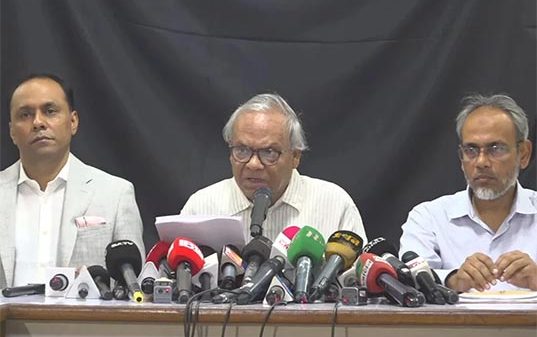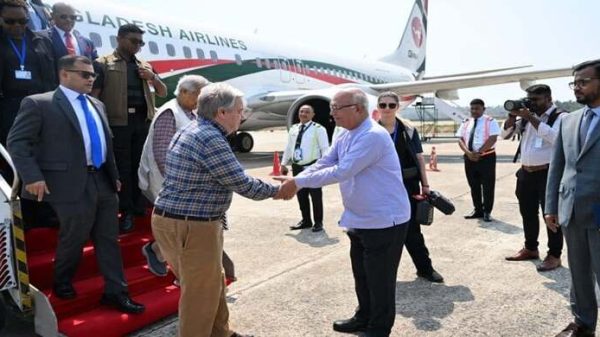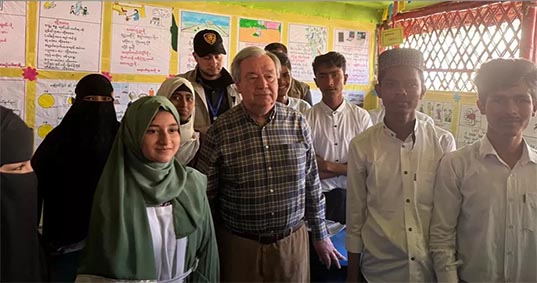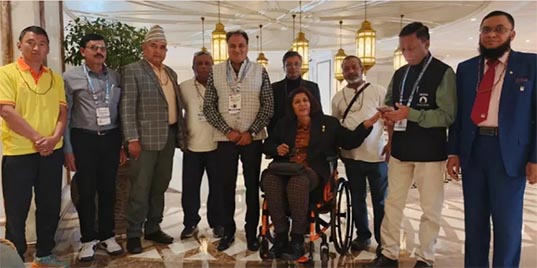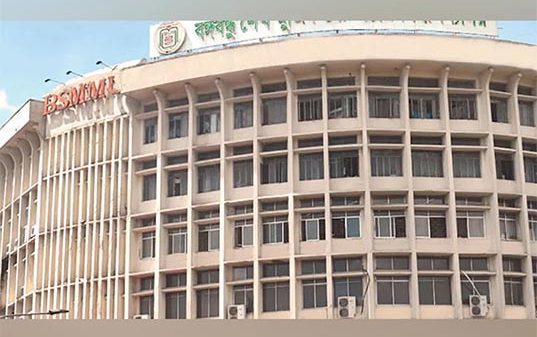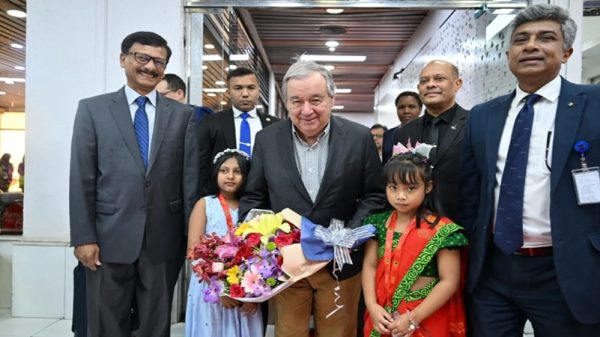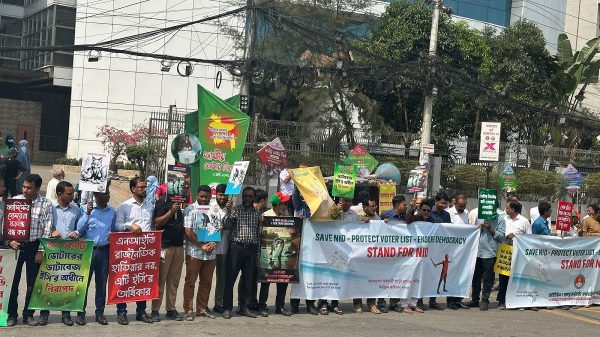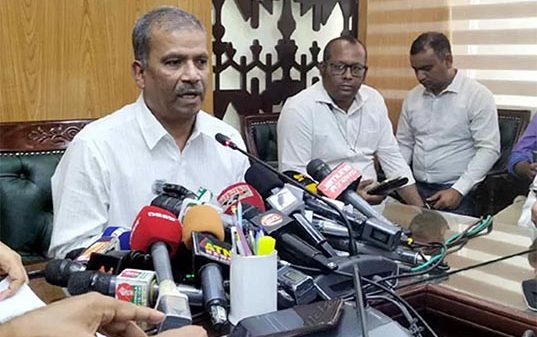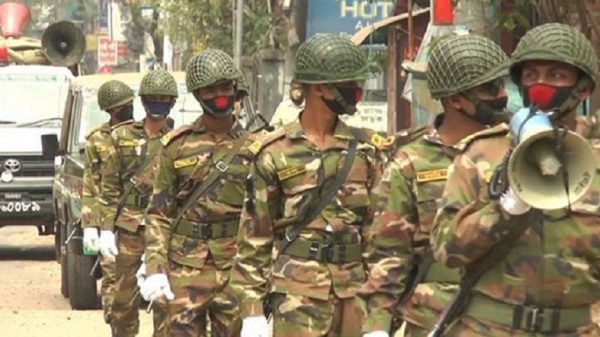MC13 yet to see consensus on agriculture, fisheries subsidies

- Update Time : Wednesday, 28 February, 2024, 02:27 pm
- 89 Time View
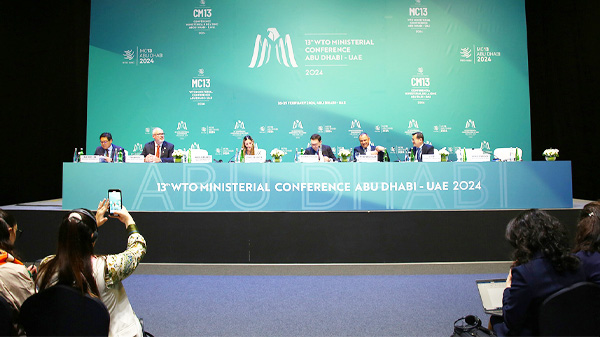
Online Desk: Members of the World Trade Organization (WTO) are struggling to reach a consensus on critical issues at the ongoing 13th Ministerial Conference (MC13) in Abu Dhabi.
On Tuesday, the second day of the conference, Ministers and senior officials were engaged in intense discussions to get closer to meaningful outcomes on fisheries subsidies and agriculture. They joined a number of dedicated meetings on both issues followed by convergence-building sessions to reduce the gaps.
On agriculture, members focused on three critical areas: the balance across topics in terms of the specificity of issues to be addressed, timelines and expected outcomes; the deliverables for most vulnerable members in respect of the possible exemption of their imports from other members’ export restrictions; and public stockholding (PSH) for food security purposes, according to a press statement of the WTO.
India and some other members raised their demand for a permanent solution to public stockholding (PSH) for food security along with some other demands relating to food security.
If the MC13 cannot reach any conclusion on the permanent solution, the so-called peace clause will continue which means an interim arrangement giving flexibility to countries like India to procure grains from farmers at minimum support prices and build a stockpile to give subsidised foods or free rations to the poor.
India also demands that the WTO rule must allow legal certainty of public procurement for stockpiling food grains, stockpiling of new crops, and exports of food grains from the public stockholding on a government-to-government (G2G) basis. It also added that the compliance burden of notifying related activities at the multilateral forum should be cut.
Today, the third day of the conference, a number of bilateral consultations are taking place besides meetings and it is expected that drafts for a Ministerial Decision and the protocol for the adoption by the Ministerial Conference of the Additional Provisions on Fisheries Subsidies will be released for further discussion.
In MC12, the first part of the fisheries subsidies agreement banned the subsidisation of illegal fishing. In MC13, the second part intends to expand the ban on subsidies that contribute to overfishing and fishing sector overcapacity at large.
The Head of Delegation (HOD) meeting took place on Tuesday evening where differences prevailed.
The second day of the conference also witnessed the entry into force of new disciplines on services domestic regulation and advancement of works on plastics pollution, fossil fuel subsidy reform, and environmental sustainability.
MC13 of the WTO is taking place in Abu Dhabi, United Arab Emirates (UAE). Formally started on Monday morning at the Abu Dhabi National Exhibition Centre (ADNEC), the four-day high-level conference is scheduled to end on Thursday.

